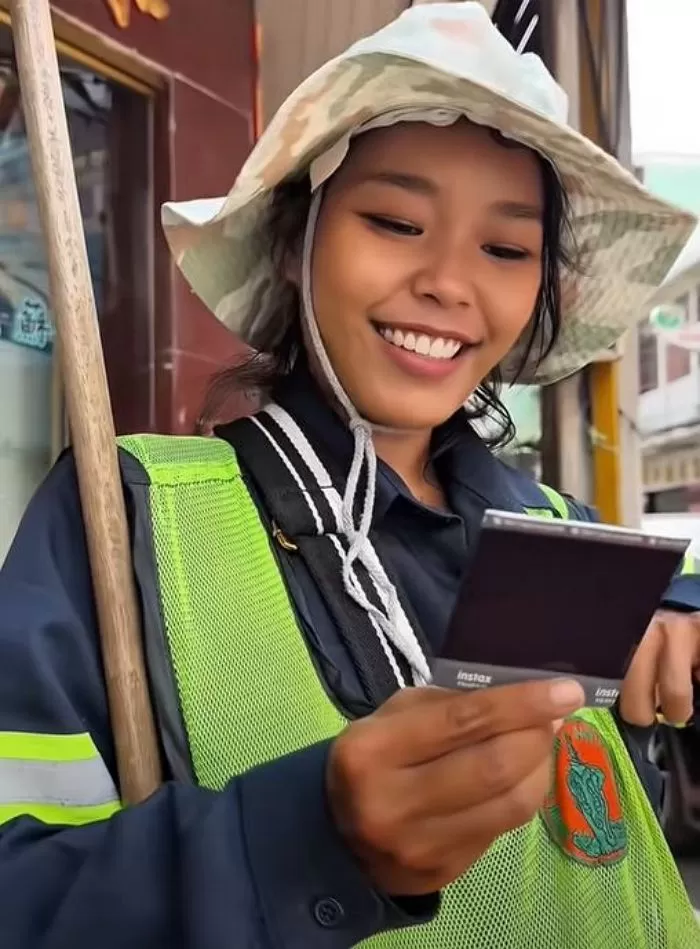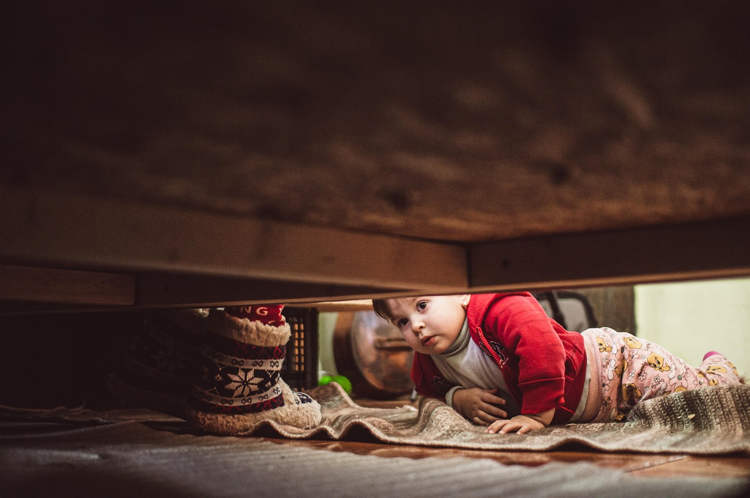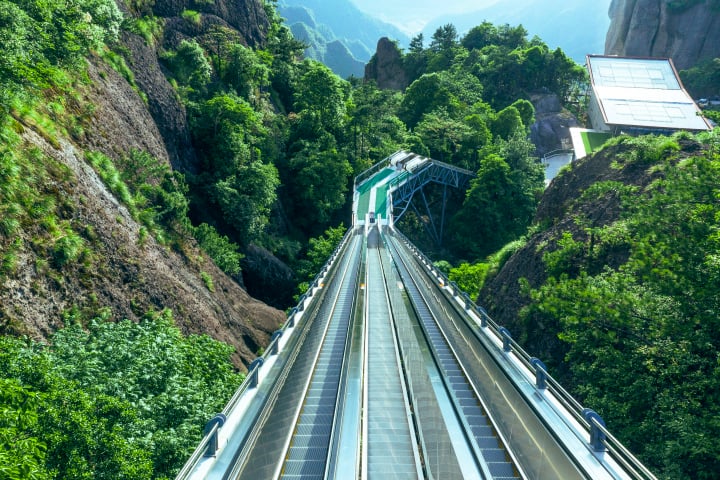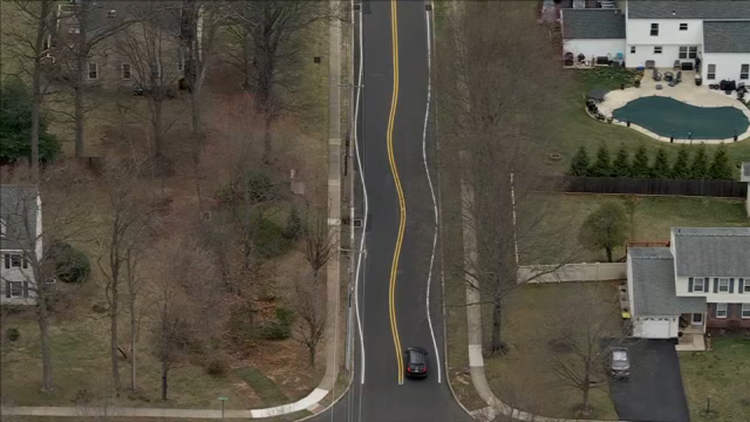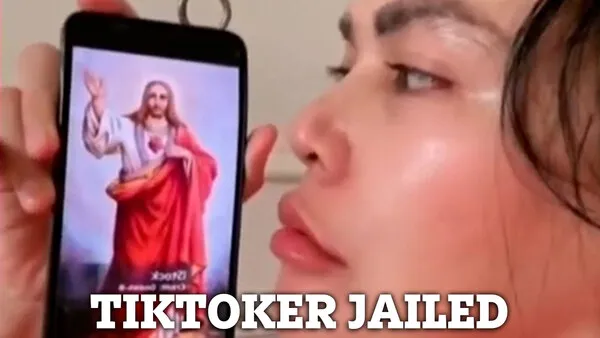One of Morocco’s most popular tourist destinations, Chefchaouen is most known for its blue-rinsed buildings and alleys, an old tradition leftover from the city’s Jewish population.
Chefchaouen was founded by Moorish exiles from Spain, in 1471, as a small fortress to fend off the attacks of invading Portuguese forcess in northern Morocco. After the Spanish Reconquista, the small mountain town became one of the largest Moriscos and Jews refuge sites, and during their stay they managed to leave their mark on it, one that makes the modern city so special.
The name Chefchaouen comes from “chauen”, which is Spanish for horns, and refers to the shape of the two mountains overlooking the settlement. But it’s not its strange name, the beautiful and unique handicrafts sold by local craftsman, or the delicious goat cheese that attracts the majority of tourists to Chefchaouen. It’s the blue-painted houses and buildings of the city, a tradition inherited from the former Jewish inhabitants. In the Bible, Israelites are commanded to dye one of the threads in their tallit (prayer shawl) blue, with tekhelel. This was an old natural dye, processed from a species of shellfish, but in time its production collapsed and the Jewish people eventually forgot how to make it. But, in honor of the sacred commandment, the color blue was still woven into the cloth of their tallit. When they look at the dye, they will think of the blue sky, and the God above them in Heaven.
While the Jewish population of Chefchoauen isn’t as numerous as it one was, practically everyone in the city still follows this old tradition and frequently renew the paint job on their homes.










These incredible photos were taken by Maxim Kiryushin. See more of them on his Livejournal blog.

